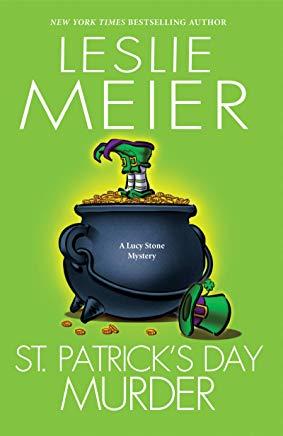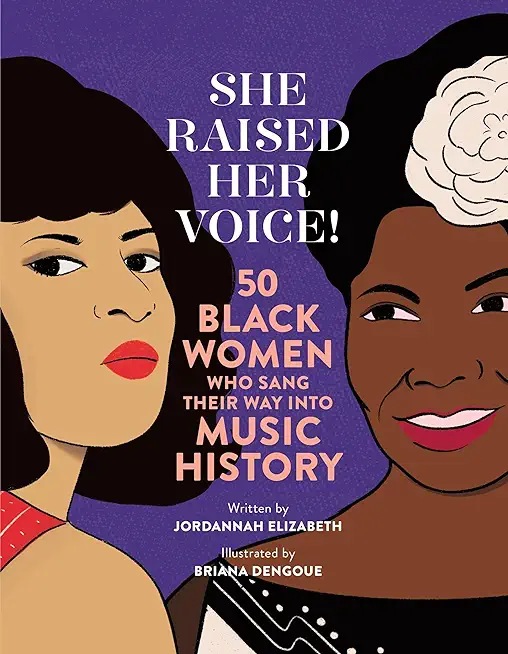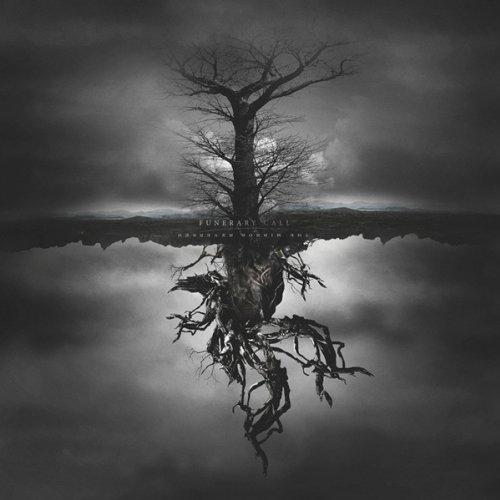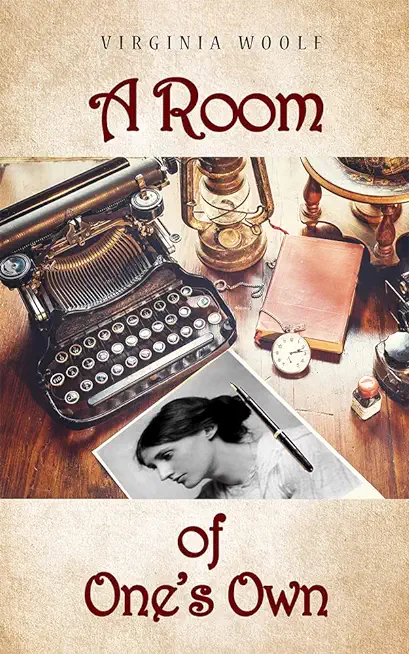
description
ten by Virginia Woolf. It was published in 1929 and is based on two lectures given by the author in 1928 at two colleges for women at Cambridge. In this famous essay, Woolf addressed the status of women, and women artists in particular. In this essay, the author also asserts that a woman must have money and a room of her own if she is to write. According to Woolf, women's creativity has been curtailed due to centuries of prejudice and financial and educational disadvantages.
To emphasize her view, she offers the example of an imaginary gifted but uneducated sister of William Shakespeare, who, discouraged from all eventually kills herself. Woolf celebrates the work of women who have overcome that tradition and become writers, including Jane Austen, George Eliot, and the Brontë sisters, Anne, Charlotte, and Emily. In the final section Woolf suggests that great minds are neutral and argues that intellectual freedom requires financial freedom. The author entreats her audience to write not only fiction but poetry, criticism, and scholarly works as well.
To emphasize her view, she offers the example of an imaginary gifted but uneducated sister of William Shakespeare, who, discouraged from all eventually kills herself. Woolf celebrates the work of women who have overcome that tradition and become writers, including Jane Austen, George Eliot, and the Brontë sisters, Anne, Charlotte, and Emily. In the final section Woolf suggests that great minds are neutral and argues that intellectual freedom requires financial freedom. The author entreats her audience to write not only fiction but poetry, criticism, and scholarly works as well.
member goods
No member items were found under this heading.
listens & views
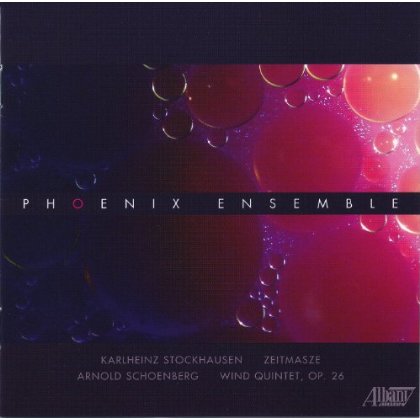
PLAYS STOCKHAUSEN & SCHOENBERG
by PHOENIX ENSEMBLE / STOCKHAUSEN / SCHOENBERG
COMPACT DISCout of stock
$14.75
Return Policy
All sales are final
Shipping
No special shipping considerations available.
Shipping fees determined at checkout.
